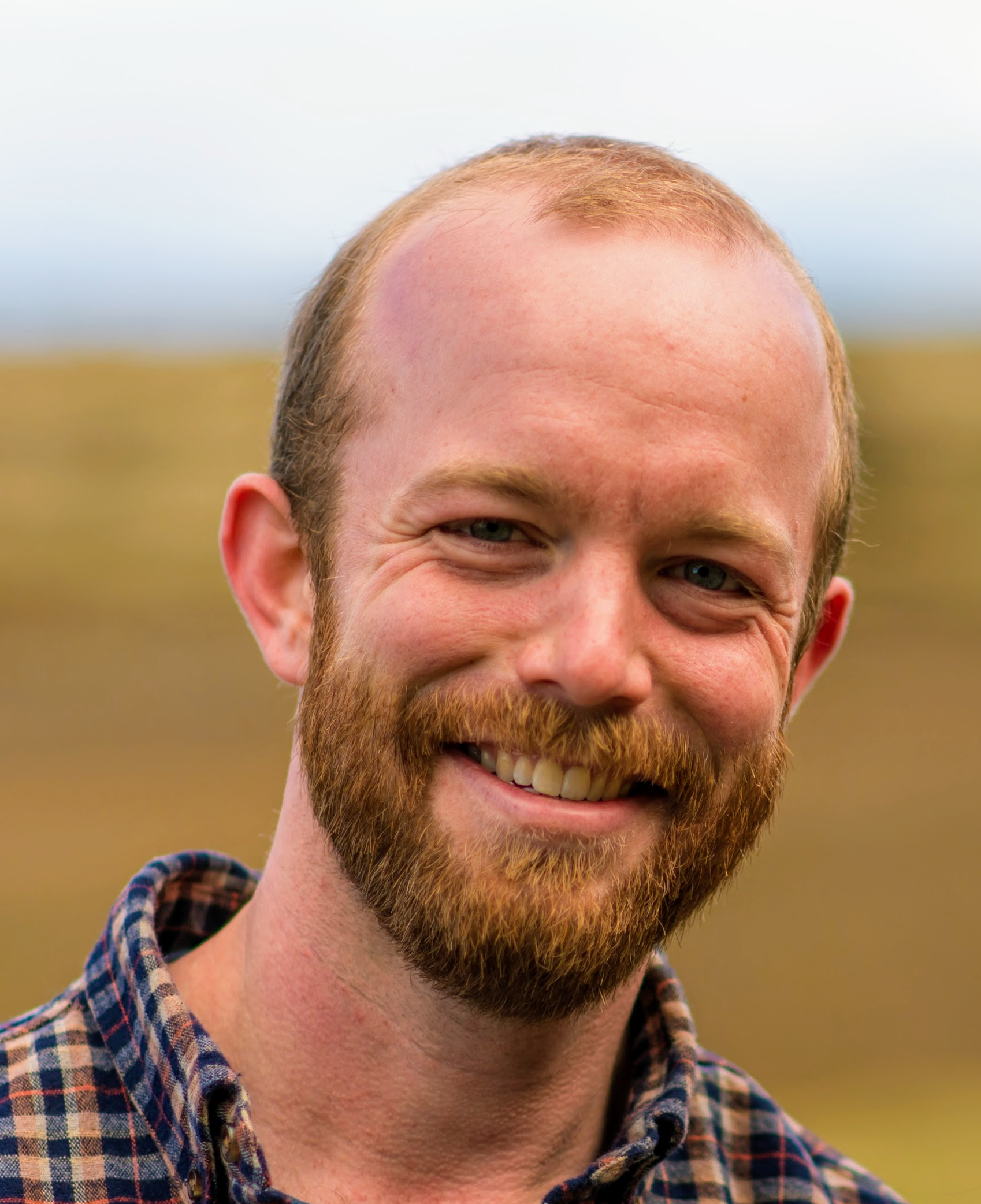ANCDS Fellowship Mentor: Janet Patterson

1. Why were you interested in the ANCDS conference fellow program?
The ANCDS annual conference brings together experts in translational research and clinical care for people with neurogenic communication disorders. I applied for the conference fellowship program because of the opportunity to meet and learn from expert researchers and clinicians in a welcoming, small-scale environment. The fellowship also prioritizes fostering new mentoring relationships and networking between students. These are important to me as a doctoral student in speech-language pathology.
2. What did you enjoy about the ANCDS conference fellow program?
I enjoyed every aspect of the program, but I will single out the opportunity to meet with and discuss all things aphasia with my mentor for the fellowship program - Janet Patterson. Dr. Patterson is an expert in aphasia treatment and chief of Audiology and Speech Pathology and the VA Northern California. Prior to the fellowship, I knew of Dr. Patterson from her writing on generalization in aphasia, which has been influential in my own research. I thoroughly enjoyed the opportunity to meet Dr. Patterson and talk about generalization and aphasia treatment outcomes, as well as different career paths that I might pursue after I finish my degree.
3. Why would you recommend the ANCDS conference fellow program to future students?
In my experience, new connections made at small conferences like ANCDS often lead to broader perspectives of current issues and advances in our field, new ideas for research and clinical practice, and more often than not, new collaborators in future work. Opportunities like this are rare and highly beneficial for both clinical and research-focused students.
4. Based on this first introduction to ANCDS, what are the benefits to students, clinicians, and/or researchers?
This years’ invited talks focused on economic and quality of life outcomes in aphasia. These are important issues whether you are a researcher, clinician, or future clinician. They will be increasingly important as the healthcare system moves towards value-focused payment models. ANCDS provides a great venue for clinicians and researchers to stay up to date and engage in meaningful discussion on current issues like these and incorporate them into future research and clinical practice.
5. Describe your current or recent research project.
As an outpatient SLP, I often found it challenging to implement treatment at the dosage described in clinical research, particularly for clients with aphasia. However, it’s not clear whether there’s a disparity in dosage between clinical research and clinical practice or how large that disparity might be. To find out, our team at Pitt extracted treatment dosage from 300 aphasia treatment studies over the past 10 years and estimated dosage in outpatient clinical practice by looking at claims data in a large outpatient rehabilitation provider in Western Pennsylvania. The short answer is that, whether you look at the number of hours per session, hours per week, or total treatment hours, the typical dosage in outpatient clinical practice is roughly half of what is typical in treatment research.
6. Why were you interested in the above project?
My goal as a clinician-researcher is to improve meaningful clinical outcomes for people with aphasia and related communication disorders. Achieving this goal means not only improving our treatments but also ensuring that they can be implemented effectively in everyday clinical practice. This study looked closely at an often discussed, but poorly characterized research-practice gap in aphasia rehabilitation that directly affects how effective interventions can be implemented.
